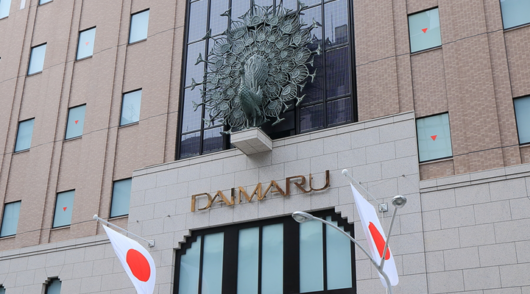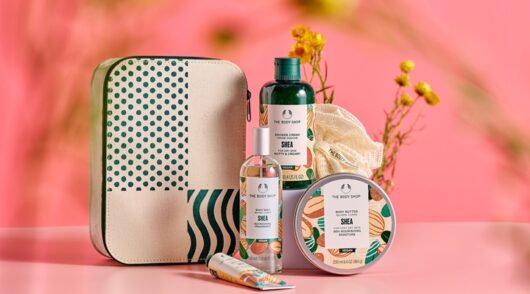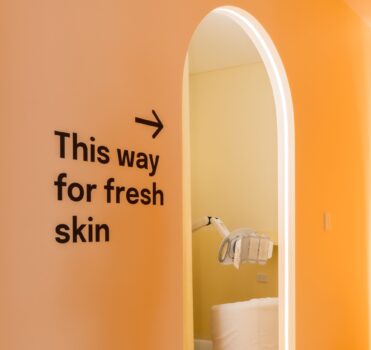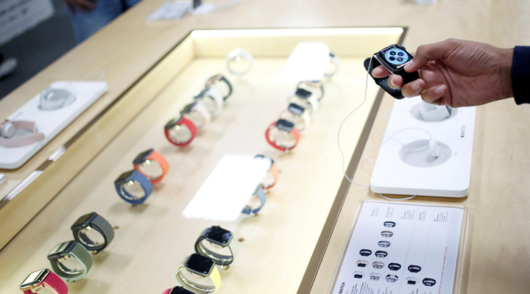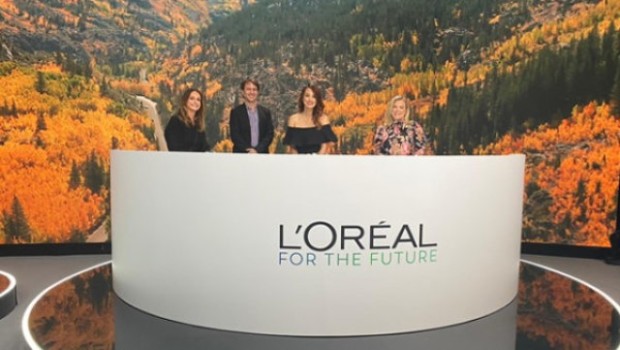
L’Oréal Australia has called on consumers and industry to take critical action on climate change at the Respecting our Planetary Boundaries panel discussion this week.
The panel was hosted by writer, broadcaster and War on Waste presenter Craig Reucassel and brought together experts from government, FMCG and advocacy groups, to discuss the climate crisis.
The ongoing global pandemic has worsened the plastic pollution globally with the increased use of face masks, plastic packaging and other disposable materials.
The panel included former foreign minister and chancellor of ANU, Julie Bishop; science communicator and presenter Laura Wells; Sipp Instant founders, Dylan Garft and Luke Zocchi and Natixis Investment Managers managing director, Louise Watson.
The speakers discussed the impact that global warming, depleting biodiversity, access to clean water and bad air quality are having on the planet.
The live-streamed event emphasised the importance of sustainable innovations, ethical labor practices and social media as a tool to spread awareness.
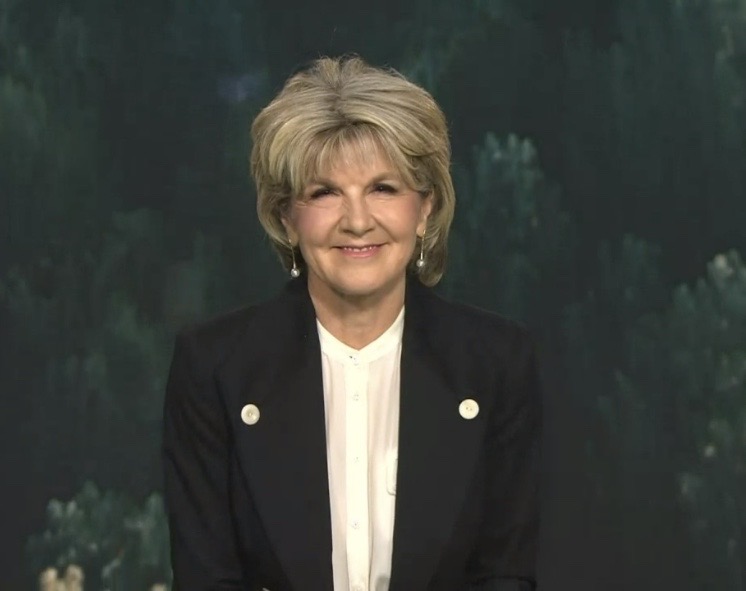
“We also made a point that we are all in this together and government can of course set frameworks and standards and benchmarks, but we need [businesses] to meet those standards and exceed them. And we need to personally be involved in our commitment to improve the climate whether through the carbon footprint, the use of water, recycling, ethical supply chains and the like. And as consumers, we have far more power than perhaps we realised in making a difference to make sure this planet is sustainable,” said former foreign minister Julie Bishop on the power of consumers.
“We pilot programs in partnership with the private sector to deliver positive outcomes for example we will look… ethical supply chains, to ensure there are no exploitative practices in the supply chains, that ultimately led to party legislation in Australia, the modern slavery act, requiring large companies to be transparent about this supply chains.”
L’Oreal said it is embracing innovative ideas to help create a more sustainable future for consumers and is looking at how to approach sustainable development in Australia and international countries.
“Sustainability remains a key priority for L’Oréal, and even in the midst of a global pandemic with much uncertainty around the economic and social consequences going forward, our commitment to sustainability will not change. We are committed to the environment, to social inclusion and to adapting our business as necessary to be the most ethical business we can,” Christine Burke, communications director, L’Oréal.
Bishop talked about the power of innovation with drones, AI robots in supermarkets and QR codes. The Australian Government is partnering with the private sector to launch programs to push more innovations in the foreseeable future to reach communities in developing countries.
“But we also have programs we would team up with Government funding to produce whether it was in micro-financing or women in developing countries to set up a business or whether it was partnering with an IT company so that you could use drones to deliver pharmaceuticals in the highlands of [Papua] New Guinea for example,” said Bishop.
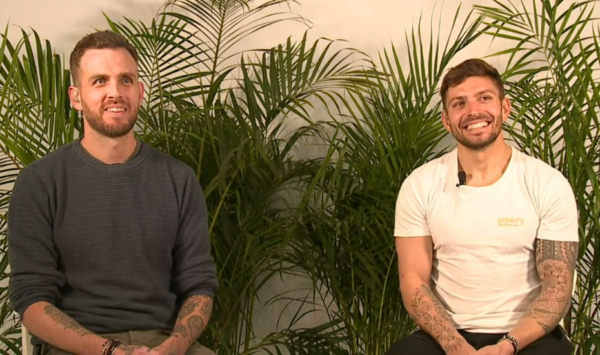
Sipp Instant founders talked about working with actor Chris Hemsworth on their environmentally-friendly coffee brand that features compostable packaging.
“We are really passionate about sustainability so we wanted to find a solution to the problem that is being piled. It has been a really, really long time that we searched far and wide for a certified own compostable pack and it took 12 months to actually sort, test and get to a point where we are happy to get that product to the market,” said Garft. “We challenge our consumers and customers to test it for themselves. If there is an issue, we want to know about it.”
Since social media has a huge role to play, Wells said that it is important for her to work with companies that have the same ideals and advocacy. She believes in staying true to her followers and for influencers to lead by example.
“Giving them active examples of companies that are actually doing the right thing. Working with Garnier and their beauty campaign… But Garnier has committed to 100 per cent recycled, plastic contents. There is no plastic packaging for 2023,” said Wells.
She advises consumers to do the “dirty work themselves” – to look at the brands, find out what their ethical policies are, and suggest what they think should be done, and if they do not listen, find other companies with the same ideals and values.
L’Oreal pledged that all of its sites will be carbon neutral by 2025. By 2030, 100 per cent of the plastics used in all its product packaging will be made from either recycled or bio-based sources. It is allocating €150 million as a contribution to support urgent social and environmental needs.
This story originally appeared on sister site Inside FMCG.

